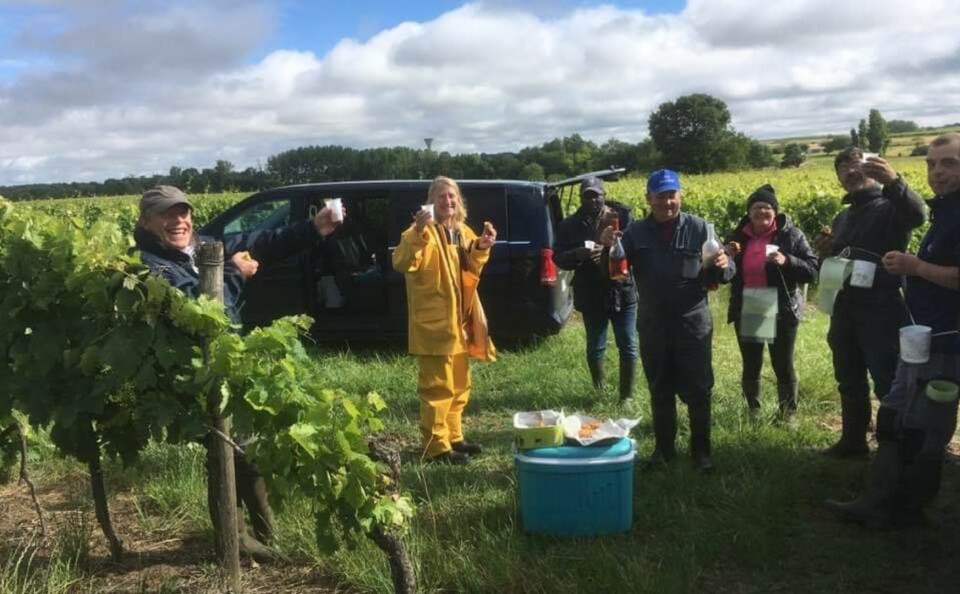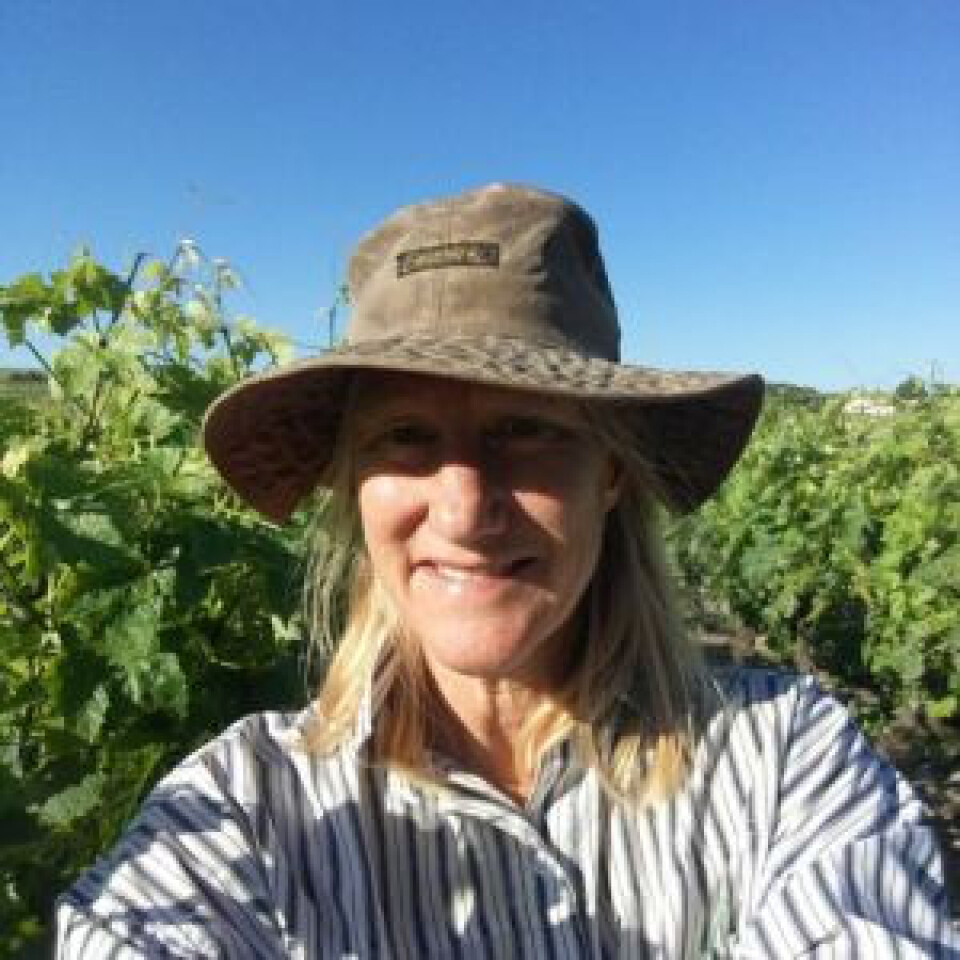-
Hosting scheme in south-west France lets newcomers sample lifestyle
Households in nine Dordogne communes volunteer under Mes Nouveaux Voisins scheme
-
How many Americans live in Paris - and where else are they choosing in France?
Over a quarter of all US nationals in France live in the capital city
-
Learning French: Have you ever dreamt in your target language?
From passive listening to active speaking, dreaming in French can indicate you are regularly practicing it
Career change: ‘What I learned at 54 working in a French vineyard’
We talk to Moira Tune about how exhausting vineyard work was the springboard to her new property career

When Moira Tune, 54, arrived in Charente-Maritime in 2015, she was already used to living abroad, having spent the previous 18 years in Egypt working as a scuba diving instructor and editor.
“I loved my life in Egypt, where I’d lived since my early 30s,” she says. “I adore diving, so teaching it professionally was amazing. I also love writing, so editing a local tourist magazine was a very satisfying role.”
In 2015 she realised it was time for a change
“Egypt had changed after the revolution, so life became a bit more difficult. Also, my job was dependent on tourism, which had sadly plummeted.
I felt I needed more security and stability,” she explains.
Having decided she did not want to return to the UK, Moira turned her attention to France.
“My parents have lived in Charente-Maritime since 2004,” she says.
“I’d visited over the years and really liked the area and the culture. I decided it made sense to find a home near mum and dad, so made the move in 2015.”

Photo: Moira in the vineyard; Credit: Moira Tune
Daunting relevage role in a vineyard
Upon arrival, Moira set up on the auto-entrepreneur scheme, offering freelance services such as web design, content production and social media marketing.
Read more: What is the difference between 'auto/micro-entrepreneur' in France?
However, she knew she wanted to integrate more and in 2019 she took a seasonal role working in vineyards.
With no experience and with only basic French, this was a daunting undertaking, but Moira secured a role doing relevage.
“Relevage takes place when the vines are growing and involves lifting the branches,” explains Moira. This process helps foliage to spread and air to circulate. It also improves ripening and helps to protect the vines from wind.
“The work was very physical. I’d walk on average 20km a day and work eight-hour days.
“Relevage usually takes place for three weeks in June, so it was an intense period and completely exhausting, but I enjoyed being outdoors and working with the vines,” she says.
Read more: ‘My candid experiences of hiring grape pickers in France’
‘I was so slow at tirage de bois’
Moira continued to work in this way each summer from 2019 to 2022 and, having gained some experience of vineyard work, also started doing the tirage de bois in December 2021.
“Tirage de bois is where workers trawl the vines pulling out dead wood and preparing the plants for the new season’s growth. The first year, I worked solo and it was incredibly hard,” says Moira.
“I was so slow, and in order to earn Smic [minimum wage] you need to work through 100 vines an hour.”
Over time, Moira improved her pace and took on the role again the following season.
Learned vineyard skills of attaché and gourmandage
Finally, in spring, vineyard workers carry out the attaché – where vines are pinned to wire before they start to bud. Moira did her first attaché season in spring 2022.
“It took about eight weeks in total,” she says. “After that, I did gourmandage, where you knock the sucker shoots at the base of the vines to prevent them taking the nutrients from the plants.”
Challenge with many benefits
After working on the vines for two years, Moira was offered an opportunity to train in vinification, making red wine for a local co-operative.
“My main job was to ‘tend the grape juice’, which meant adding yeast to start fermentation, checking the density daily and rotating the young wine in the huge vats (cuves).”
While working the vineyards has been a challenge, it has brought many benefits.
“Locals seem to respect me more,” Moira says, “and having to speak French and work in French teams meant my French came on in leaps and bounds.
“It was really difficult at first, but being immersed in an environment where nobody speaks English really does make a difference.”
Springboard to new property management career
The experience of working in a vineyard has been a springboard to a new career in property management, which Moira started this year – a less physical, more stable role.
“My years working with French teams and my improved language definitely played a part in being able to take on this new job,” she says.
Related articles
Career change in France: Amsterdam charity to gîte guru in Dordogne
Career change in France: I Googled ‘can animals talk to people?’
From California to free life making wine in the 'Kansas of France'
























